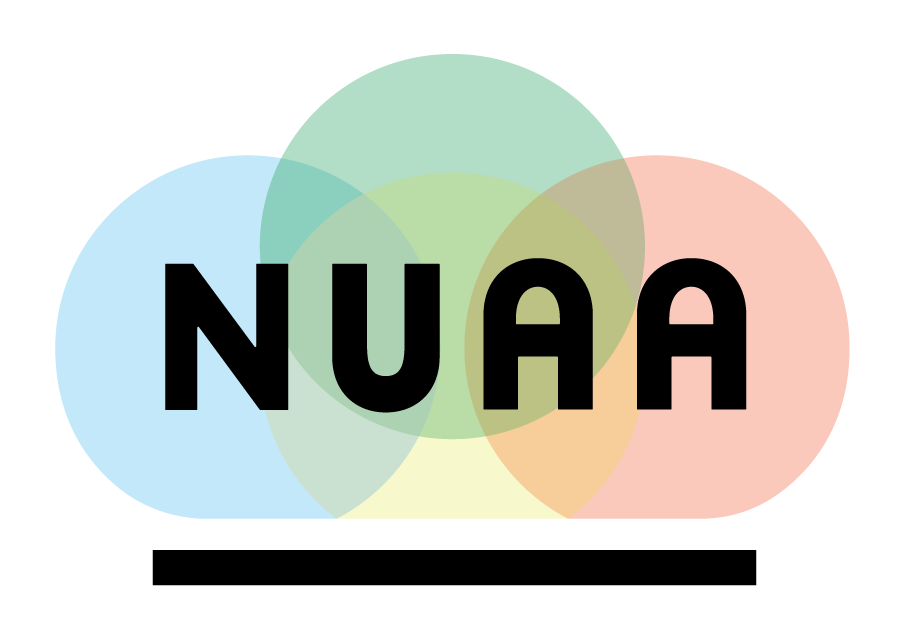
Mobile, peer-led HCV testing and treatment
Australia could be one of the first countries in the world to eliminate hepatitis C (HCV); however, increasing testing and treatment uptake will be essential to achieve the goal set by the World Health Organisation to eliminate hepatitis C infection as a major global public health threat by 2030. A rapid scale-up of new, innovative peer-based approaches for hepatitis C testing and treatment is needed, including investing in the skills and capacity of peer workforces and in developing new peer education resources for people who inject drugs.
NUAA has partnered with The Kirby Institute, NSW Health, and selected Local Health Districts to co-lead, co-develop, and co-implement a peer-led mobile hepatitis C testing model, including peer-supported engagement, financial incentives, point-of-care HCV testing, and linkage to care to enhance treatment uptake among people who inject drugs
This model understands the need for rapid scaling up of new, innovative peer-based approaches, including investing and developing the skills and capacity of the peer workforce and new peer education resources, information and support for hepatitis C in people who inject drugs. Additionally, we have formed linkages and partnerships with services in primary and community settings to improve treatment pathways and coordinate care.
Meeting people where they are at
The POW project will significantly improve community access to hepatitis C resources by bringing point-of-care testing and treatment to areas where it is needed most and meeting people where they are at.
One of the major challenges for increasing hepatitis C testing and treatment in Australia is that several visits to a healthcare provider are required, with multiple different tests to confirm active infection. Requiring people to make multiple appointments to receive their results can be a significant barrier, particularly for people who inject drugs and those living in regional, rural and remote areas.
Being able to provide the testing and treatment all in one visit is a real game-changer for people who would normally have to navigate several visits across many service providers and be unsure of how, when and why. By providing this Model, we will work with you. We understand your journey, as it’s our journey, too.
The POW project recognises the specific needs of people who inject drugs. More often than not, this means contact with hepatitis C. Our people will talk to you peer-to-peer to understand your needs, whether it be requiring some injection equipment, testing and pathway to treatment (our core role) or connecting you to the wider NUAA services (see below) – we have your back, WE UNDERSTAND and WE CARE.
Benefits of Point of Care Testing
-
Venous access can be tricky, particularly in people who inject drugs, so finger prick testing models such as point-of-care can provide an alternate sample collection option. The POW Project is an ethics-approved trial into a new testing apparatus (the POCT machine), and we want to make it easy for people who inject drugs (PWID) from all walks of life to access easy and confidential testing and NUAA-assisted treatment opportunities that we have developed in our Model of Care with our LHD partners.
-
A smaller volume of blood is required than for a venepuncture test. In fact, one finger prick will provide enough blood to test whether you have ever been exposed to hepatitis C (antibody test) and, if needed, whether the virus is present in your system (PCR or RNA test).
-
The point-of-care testing apparatus can deliver a result within 60 minutes. If the result comes back positive, treatment can be just around the corner!
-
Point-of-care HCV RNA testing can diagnose current infection in a single visit, thereby reducing the number of visits required. Our model of care will further reduce the need for multiple visits and assist you in getting the treatment you deserve.
-
By using a van and going mobile, we hope that we will provide a service model that allows people to be tested in a community setting where they feel comfortable, utilising a peer-to-peer approach that will further engage and improve engagement and satisfaction, reduce stigma and discrimination, flow-on into treatment and improve your knowledge and understanding of hepatitis C and what that means for people who inject drugs (PWID) in their lived/ living experiences/ journey.
-
Our peer workers are fully trained and qualified and call on their living experience of injecting drug use and hep C to answer all your questions and provide confidential, authentic, non-judgemental support. We will stay involved and assist where we are wanted, and act only on your instruction regarding hep C prevention, testing and treatment.
Additional services
Prevention of blood-borne viruses
The distribution of sterile injection equipment and education on safer use is of paramount importance in the prevention of blood-borne viruses (BBVs) such as hepatitis C and HIV. The introduction of NSP in the late 1980s was instrumental in preventing the introduction of HIV into groups of people who inject drugs.
NUAA provides sterile equipment across NSW through its fixed-site NSP at 345 Crown St, Surry Hills, as well as postal services and outreach activities. You can access our NSP shop to order equipment here. Alternatively, contact our PeerLine service on 1800 644 413.
Naloxone training
Our peer workers can also discuss NUAA’s naloxone training and naloxone kits provision as part of the ongoing Take-Home Naloxone training program offered by NUAA under the state-wide take-home naloxone program. Our Take-Home Naloxone service involves a brief intervention about how to recognise and respond to an overdose, how to administer naloxone, and the different types of naloxone currently available in NSW and the various mechanisms that are available to those wishing to access naloxone.
More information about our Take-Home Naloxone service can be found here.

